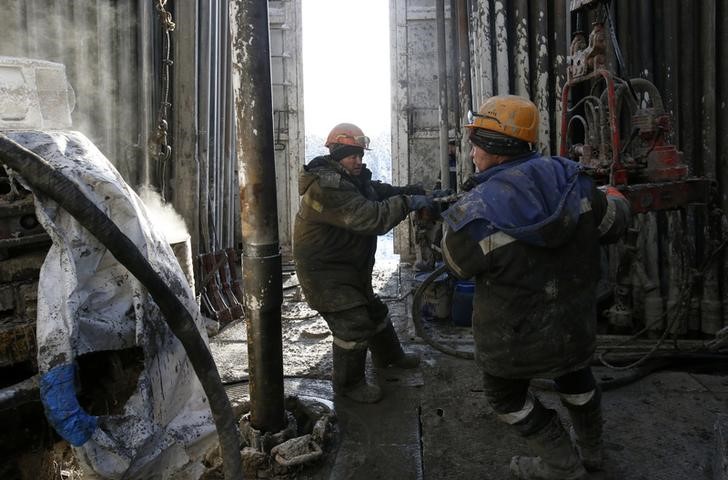
Investing.com — Oil prices rose strongly Friday, paring some of the week’s losses, on reports that Iran was preparing a retaliatory strike on Israel in the coming days.
By 08:25 ET (12.25 GMT), the futures traded 2.6% higher at $71.06 a barrel and the contract climbed 2.4% to $74.59 a barrel.
Iran to strike at Israel?
Iran is preparing to attack Israel from Iraqi territory in the coming days, Axios reported late Thursday, citing Israeli intelligence, in response to Israel’s strike against Iran on Oct. 26.
The potential for the conflict in the Middle East to spread, potentially hitting crude supplies from this oil-rich region, added a risk premium to the crude market.
Both contracts are still set to fall around 2% this week, after slumping more than 6% on Monday after Israel’s tempered strikes over the weekend reduced expectations of a wider Middle East conflict.
The two countries have engaged in a series of tit-for-tat strikes within the broader Middle East warfare set off by fighting in Gaza.
China manufacturing activity grows
The crude market was also boosted by the news earlier Friday that China’s manufacturing activity swung back to growth in October, according to a private-sector survey.
The rose to 50.3 in October from 49.3 the previous month, beating the forecast of 49.7.
The reading largely matched Thursday’s official survey, which showed manufacturing activity expanded for the first time since April, helped by a number of stimulus measures announced in late September as Beijing sought to boost economic growth in the world’s second-biggest economy, and largest crude importer.
OPEC+ to delay supply increase?
Oil prices were also supported by expectations that OPEC+ could delay December’s planned increase to oil production on concerns over soft oil demand and rising supply.
The Organization of the Petroleum Exporting Countries plus Russia and other allies, a group known as OPEC+, is scheduled to raise output by 180,000 barrels per day in December. It had already delayed the increase from October because of falling prices.

